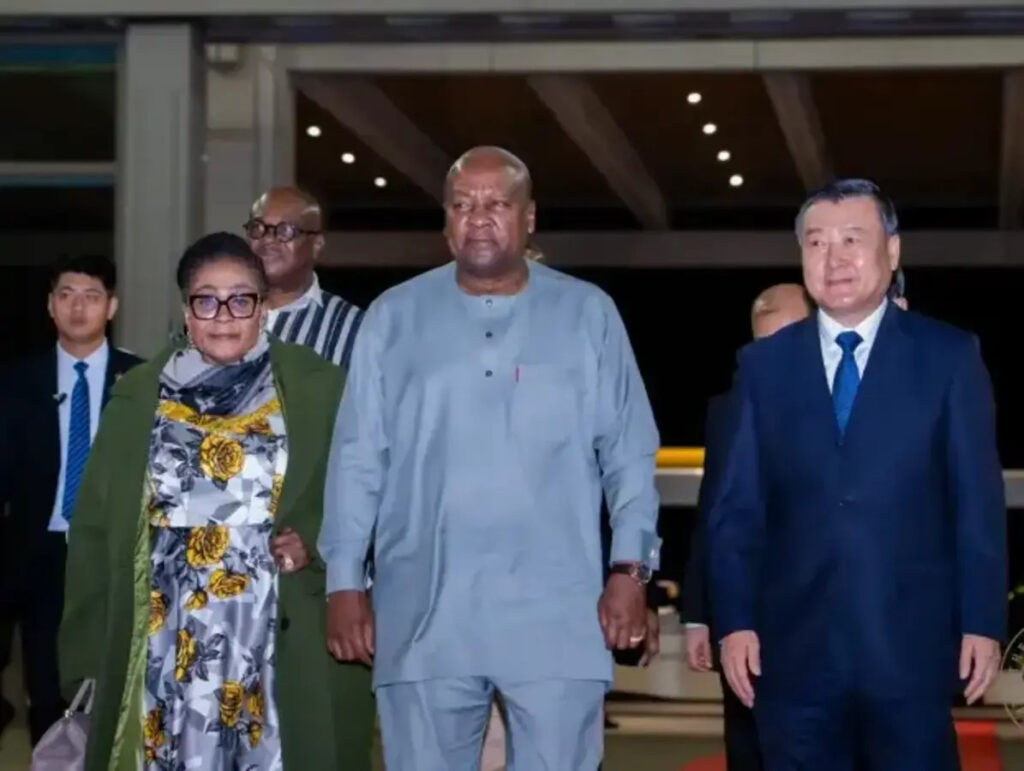By Prince Ahenkorah
President John Dramani Mahama used the 30th anniversary of the Beijing Declaration to reassert Ghana’s commitment to gender equality and to urge global leaders to accelerate efforts to empower women.
Speaking at the Global Leaders’ Meeting on Women in Beijing on 13 October, Mahama framed gender equity not only as a moral imperative but as a strategic necessity for national development.
The President’s remarks were delivered against the backdrop of persistent global inequalities and waning momentum in implementing the Beijing Platform for Action. Mahama warned that structural barriers continue to impede progress and called for renewed urgency, innovation, and political will.
Ghana’s domestic record was presented as a model of incremental but deliberate reform. Mahama cited the election of Ghana’s first female Vice President and the appointment of women to senior roles in the judiciary, security services, and public institutions. These, he said, were not symbolic gestures but structural shifts aimed at embedding gender parity in governance.
In his dual role as African Union Champion for Gender and Women’s Empowerment, Mahama has pushed for gender mainstreaming across national policy. His administration has enacted the Affirmative Action (Gender Equity) Act (2024), which mandates phased increases in female representation in public appointments — 30% by 2026, rising to 50% by 2030.
Education and social protection have been central to Mahama’s gender strategy. Ghana has achieved gender parity in school enrollment, and initiatives such as free sanitary pads for schoolgirls and the “No Academic Fee Policy” for first-year tertiary students aim to reduce dropout rates. The Livelihood Empowerment Against Poverty (LEAP) programme and the Ghana School Feeding Programme have targeted female-headed households and improved nutrition and retention for girls.
Institutional reforms have also been prioritised. Mahama highlighted strengthened agencies such as the Ministry of Gender, Children and Social Protection, the Domestic Violence Secretariat, and the Specialized Domestic Violence Courts. Sustained budgetary allocations have enhanced their capacity to deliver justice and support to survivors of gender-based violence.
Economically, the government has reserved 50% of microfinance and small-loan funding for women entrepreneurs and announced the creation of a Women’s Development Bank to promote financial inclusion and business development.
Mahama cautioned that global instability and unilateralism threaten to reverse gains made under the Millennium Development Goals and the Sustainable Development Goals. He called on African leaders to prioritise the empowerment of women, warning that the African woman remains disproportionately vulnerable.
Concluding, Mahama reiterated that gender equality is not merely a matter of justice but a catalyst for sustainable development. Ghana’s experience, he argued, demonstrates that investing in women yields measurable dividends in productivity, innovation, and social cohesion.


